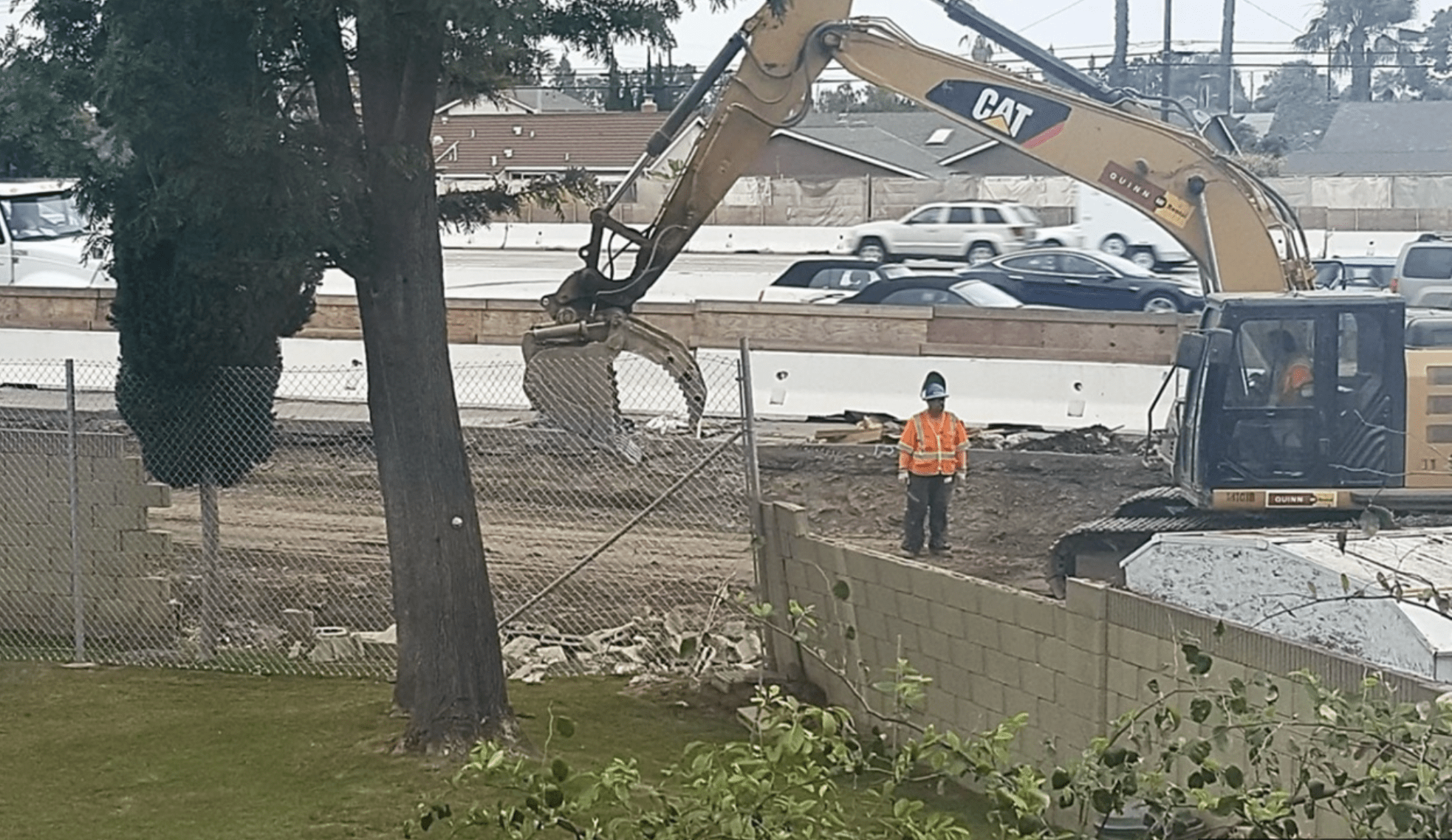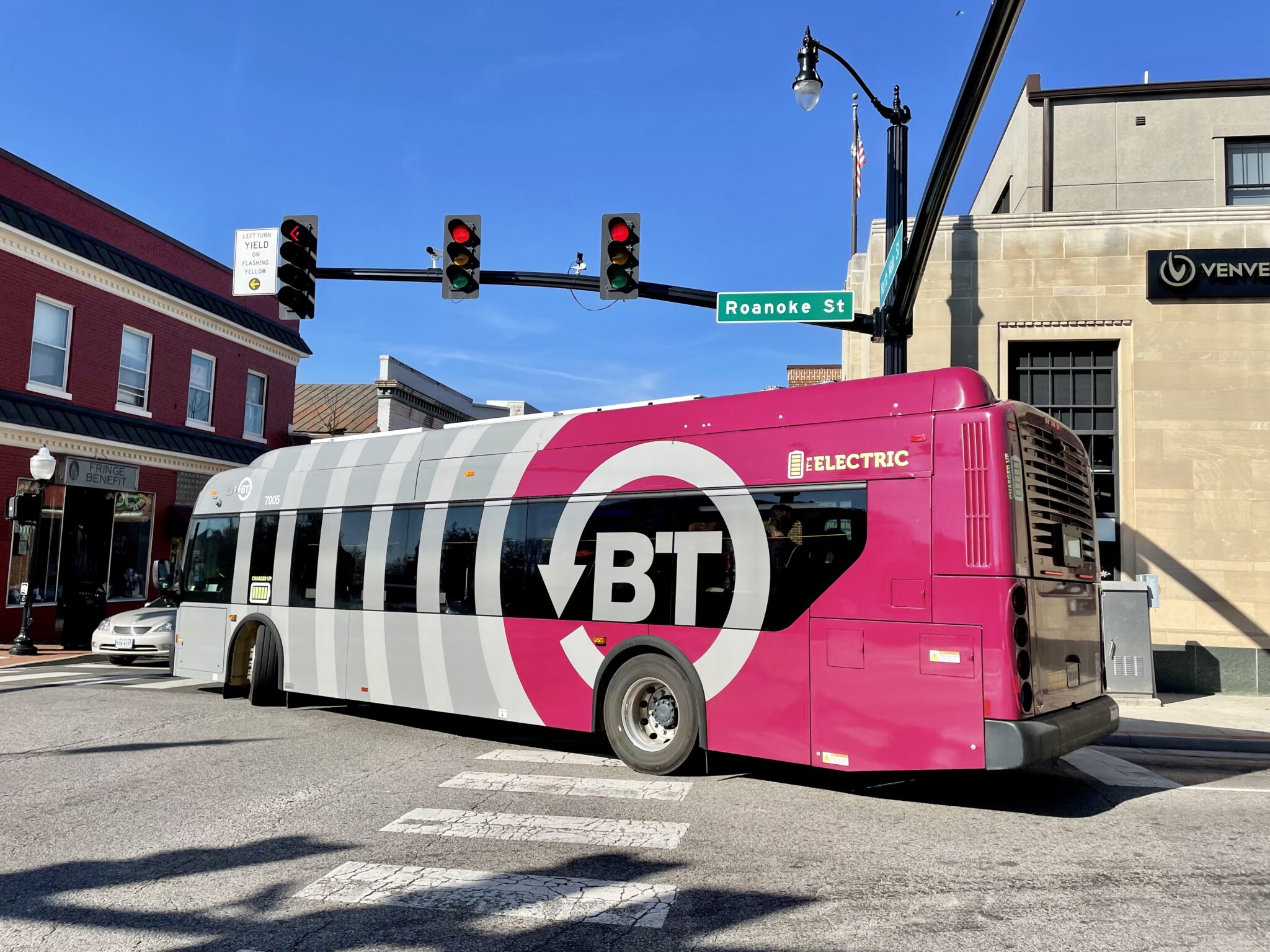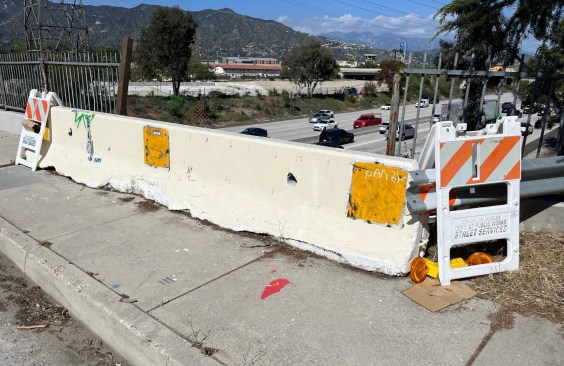From Jarrett Walker over at Human Transit comes some very useful ammunition in the battle of reasonable people against knee-jerk transit-bashers.
Walker begins his post by quoting from a story in Canada's National Post headlined "Save the Environment: Don't Take Transit." The article posits that because many buses run empty for much of the day, they are environmentally inferior to private automobiles. Anti-transit stalwarts Wendell Cox and Randal O'Toole are cited in support of this argument. (Ignored is the research that shows how dramatically even a 10 percent increase in US transit ridership could reduce CO2 emissions.)
Human Transit's Walker says that transit advocates can't afford to ignore this line of thinking, infuriating though that may be, and he offers his rebuttal. It's worth reading in full, but here's a sample:
In
almost 20 years as a transit planning consultant, I've looked closely
the operations of at least 100 bus and bus+rail systems on three
continents, and I have never encountered one whose supreme and
overriding goal was to maximize its ridership. All transit agencies
would like more people to ride, but they are required to run many, many
empty buses for reasons unrelated to ridership or environmental goals. To describe the resulting empty buses as a failure of transit, as Cox
does, is simply a false description of transit's real objectives.…
[I]n the real world, transit agencies have
to balance contradictory demands to (a) maximize ridership and (b)
provide a little bit of service everywhere regardless of ridership,
both to meet demands for "equity" and to serve the needs of
transit-dependent persons.
One analysis that I've done for
several transit agencies is to sort the services according to whether
they serve a "ridership" related purpose or a "coverage" related
purpose. Ridership services are justified by how many people ride them. Coverage services
are justified by how badly people need them, or because certain suburbs
feel they deserve them, but not based on how many people ride. I
encourage transit agencies to identify which are which. Once a transit
agency can identify which of its services are trying to
maximize ridership, you can fairly judge how well those services are
doing in meeting that objective, including all the environmental
benefits that follow. Until then, the Cox argument is smoke and
mirrors.
More from around the network: Bike Friendly Oak Cliff reports on misguided municipal efforts to stifle the Dallas neighborhood's burgeoning street culture. Tucson Bike Lawyer says that city is gearing up for its own ciclovía. And The WashCycle has the scoop on the University of Maryland's efforts to increase campus bike ridership.





